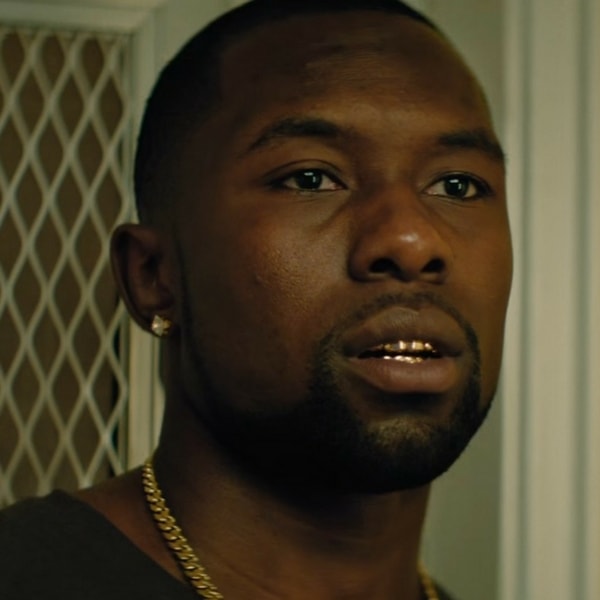A movie may hint at various perspectives. But I believe, one of the approaches where you feel the intonation offered by a deluge of pathos and melancholic voices, through the staggering snapshots, is only when you can get one’s understanding and view and see it through both his and your eyes. This comes with those benefit of experiences when you climb into the skin of Chiron and walk around in his shoes.
Barry Jenkin’s magnum opus reels off about the surrealistic beauty in black boys turning blue in waxing moonlight, and weaves it into segues of three phases: Little, Chiron and Black.
“Little”, as his friends called him, felt ostracised and struggled with inert emotions about his masculinity and manhood as he hides up in a boarded up home stationed in one of the do-rag enclaves. He encounters a friend named Jean who acts as a fatherly figure and teaches him to let go of his fears, and stand bolt upright and decide for himself gradually what he is, instead of falling prey to what others want of him.
The second phase spins around the adolescent phase where Chiron has grown up physically but not mentally. Still, he is entangled in a gender identification labyrinth too difficult to embrace. The neighbourhood he lives in, is addled with crack dealers and bullies, who fiddle with their usual felonies and crimes of the day is knee-deep in gay-bashing. Amidst the need to stay fit with this society, Chiron finds solace in the soft-spoken company of Teresa and the unusual kindliness of Jean. He has a moment of ecstasy and bliss when he lays low his boundaries and engages in brief physical intimacy, as Kevin works his way up Chiron’s shorts. Chiron’s mother is still alternating between her crack abuse to blur the pain of witnessing her son’s inclination to the unholy queerness and her overbearing indulgence in Chiron’s life.
“Black” is adult Chiron who has shielded himself with a muscular body, gold grills and studded earring into a drug dealer. Inspired by his first meeting with the crack dealer of a heroic figure Jean, he is moved by a call from Kevin as he wakes up to a wet dream and chooses not to give up on his cancelled dream of reuniting with his former lover. He races up to meet him embracing his craving desires and passion free of the societal barriers and the limiting restraints.
The idea of black boys turning blue seems lyrical. There is a chance levity layered underneath the bulwark of recriminations and false accusations. This is crystal clear in the fact that “Black” found lost love in his decision to evolve in his mental odyssey instead of taking the path down to regression, preferring to mould himself into his avenue of self-realisation and take the high road to self-discovery.
_

